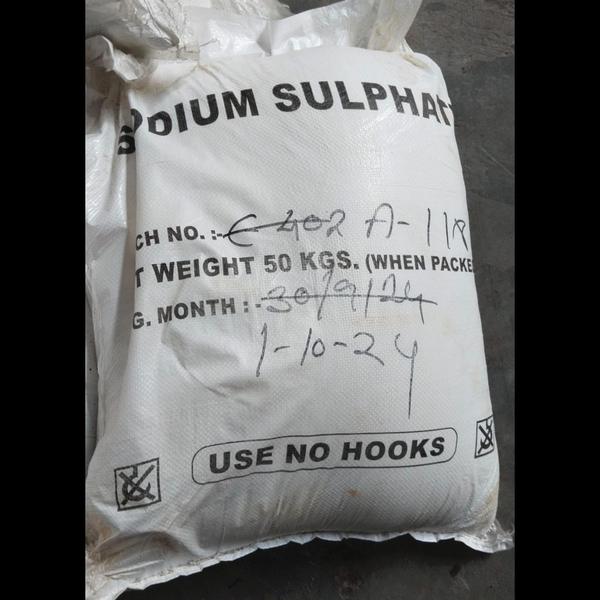Why is the World in Chaos?
1. Geopolitical Power Shifts
We’re in a post-U.S. dominance era where Russia, China, Iran, and regional powers are challenging the West's influence.
Old alliances like NATO and newer ones like BRICS+ are clashing in interests.
Countries are pursuing self-interest over global cooperation, leading to instability.
2. Historic & Religious Conflicts
Russia vs Ukraine: Rooted in post-Soviet borders, NATO expansion fears, and Russia’s desire to reclaim lost influence.
Israel vs Iran: Driven by religious, political, and security fears, especially over Iran’s nuclear program and its support for anti-Israel militias.
These aren’t just recent—decades or centuries old.
3. Economic Nationalism & Resource Wars
Wars are often not just about land, but about gas pipelines, rare minerals, and sea routes.
Ukraine is rich in grain and minerals. Iran controls oil routes. Israel is a tech power. This is about economic power as much as politics.
4. Weak Global Institutions
United Nations, World Trade Organization, and other international bodies are toothless today.
Powerful countries often ignore global rules if it suits them.
5. Disinformation & Propaganda
Social media and AI tools are being used by states and groups to spread fear, nationalism, and hate, escalating public anger and distrust.
🕊️ How Can the World Move Toward Peace?
✅ 1. Strong and Neutral Diplomacy
Peace won't come from military victory, but through negotiated settlements.
Need neutral countries (like India, Switzerland, UAE) to lead peace efforts.
✅ 2. Global Economic Interdependence
Trade deals, energy sharing, and joint ventures reduce the incentive for war.
Example: The European Union began as an economic union to prevent future wars.
✅ 3. Reviving Global Institutions
Reforms in the UN Security Council to better reflect today's power balance.
Global watchdogs must have real enforcement powers to prevent aggression.
✅ 4. Investing in People, Not Weapons
Instead of military budgets, nations must focus on education, jobs, climate action, and health.
This reduces poverty-driven extremism and radicalization.
✅ 5. Peace Education & Media Responsibility
Media should promote dialogue and truth, not fear.
Teach conflict resolution and global citizenship in schools.
🙏 Role for Countries Like India
India, as a neutral, rising economic and diplomatic power, can:
Mediate between warring nations.
Offer non-aligned platforms for negotiation.
Promote trade over weapons.
Lead by example in regional peace and economic cooperation.
🌟 Final Thought
Peace is not the absence of war, but the presence of fairness, trust, and opportunity. The world must shift from dominance to diplomacy, from power to partnership.
Keywords
world move
weapons lead
interests countries
diplomatic power
tech power
fairness trust
regional peace
schools role
security council
negotiated settlements
peace 1 strong
ai tools
international bodies
antiisrael militias
security fears
religious political
russias desire
pursuing selfinterest
wests influence
economic power
neutral countries
promote dialogue
military victory
iran driven
ukraine rooted
regional powers
global citizenship
india india
economic union
neutral rising economic
postus dominance era
india switzerland uae
negotiation promote trade
military budgets nations
real enforcement powers
european union began
sea routes ukraine
russia china iran
ignore global rules
global cooperation leading
reduces povertydriven extremism
joint ventures reduce
spread fear nationalism
irans nuclear program



